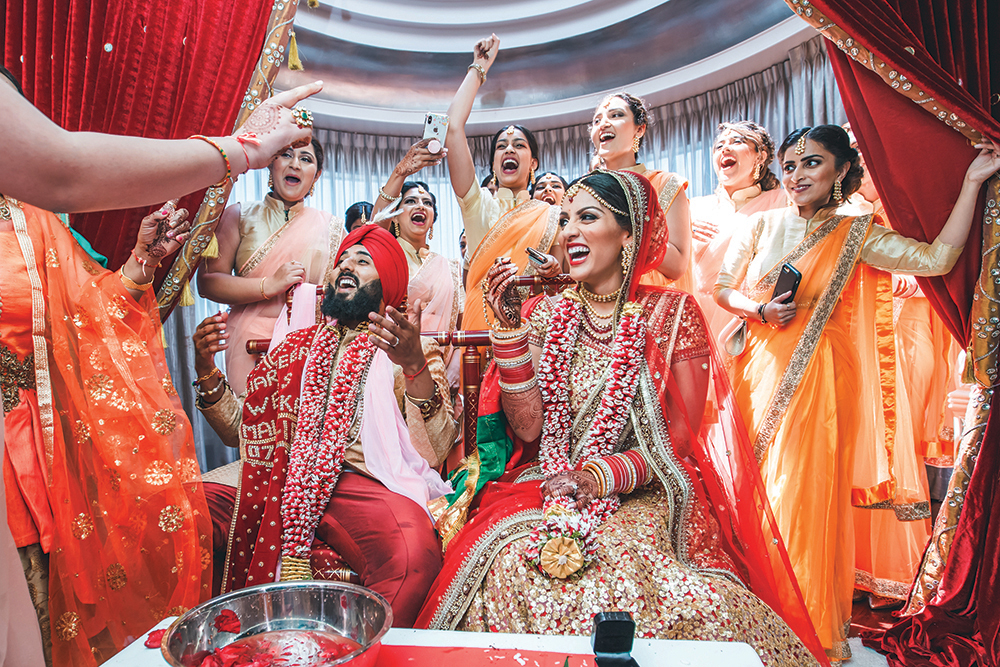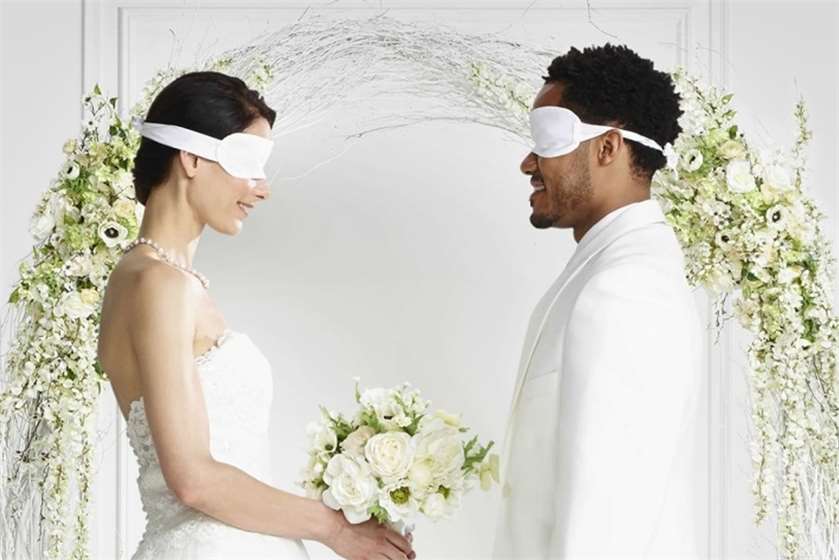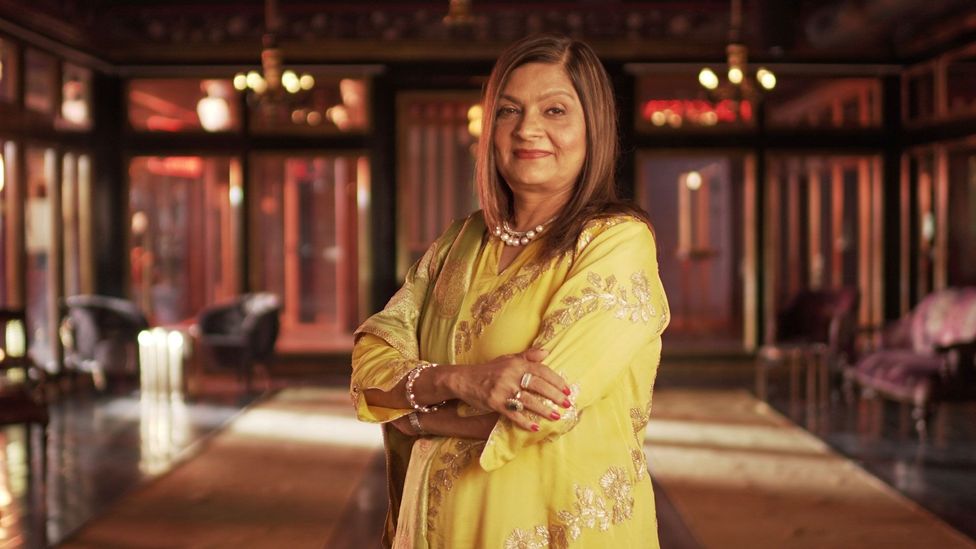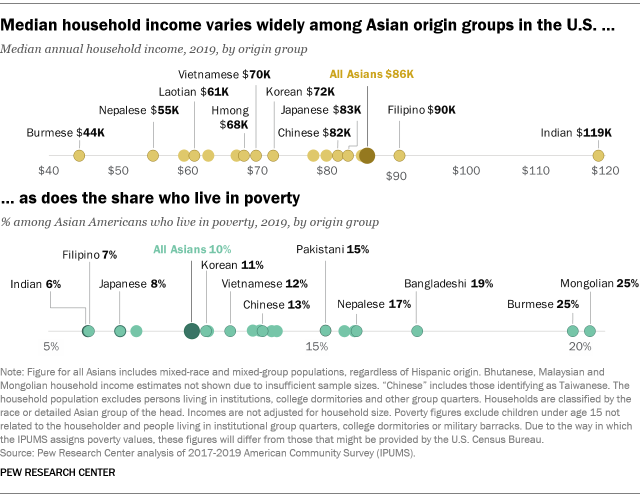Hey! To wrap up my series of talking about the differences between Indian and American cultures, I want to discuss a very interesting and distinct topic: marriage and relationships.
In Indian culture, marriage is extremely important and highly regarded as such. The entire process of relationships and marriage is entirely different in America than it is in India- or, well was. Arranged marriage and matchmaking is the norm in India. I am sure just hearing this term makes you uncomfortable: who would want to marry someone their parents picked out for you? But, to understand why this exists, it is important to understand the history of arranged marriage.

Arranged marriage has been a tradition for centuries. After the British created their caste system in India, like I talked about in my previous blog post, there was a lot of separation. To maintain this hierarchy, families were expected to marry into their own caste: no one above or below. Thus, families chose what families they wanted to marry to, usually the one with the biggest dowries. At this time, the children had little to no voice in who they wanted to marry.

Matches were found by each bachelor creating a resume of their biodata. These ‘resumes’ featured height, weight, languages spoken, assets, etc. This information would be shared through different communities, through the newspapers, and word-of-mouth. Although the caste system was abolished in 1948, caste was an important factor for marriage. It still is today for some people. Of course, this is why the issues of colorism, fatphobia, caste discrimination and misogyny very much still exist in India. But today, it is to a smaller extent.

The Netflix show “Indian Matchmaking” does a great job of highlighting the pros and cons of modern arranged marriage. Today, it is not as ‘forced’ as it was in the past. However, the issues that I mentioned above still do persist. However, as an Indian American, I have seen both dating culture and dating-to-marry culture, and I cannot say I strongly favor one instead of the other. Plus, of all the arranged marriages I have been exposed to, none of them had any problems.
My mother and father had an arranged marriage. My father lived in an entirely different city with his family in India. When my dad was ready for marriage, his family started searching for the perfect bride. They did so by spreading the word that there is an eligible bachelor, with more details about age, job, what language he speaks, etc. This new spread to a town that was far away through a common man. While this man was delivering vegetables to my mother’s family’s house, he got the news that my mother was also ready for marriage. When he told the family about my dad, they decided to set up a meeting. After a few meetings, my parents and their families decided it was a great match. And it really was!
Honestly, I think my parents’ story is cool. There is a stigma around arranged marriage, but it is not as bad as it seems. Especially in modern times, the children do get a big say in who they marry. It is not a ‘forced’ wedding. People always ask me if I would get an arranged marriage. To be honest, I do like dating culture, but when I am ready to settle down, I am open to meeting people through my parents. I am not opposed to an ‘arranged’ marriage, but growing up in America, I do see myself finding my own husband. But then again, who knows!
Sources:
An honest perspective on Indian marriage culture in ‘Indian Matchmaking’ (stanforddaily.com)
What is India’s caste system? – BBC News
India loves an arranged marriage, but some say certain aspects are outdated | CNN
Watch Indian Matchmaking | Netflix Official Site
Dating Culture 101 in the United States | ISO (mit.edu)
Picture Sources:
Indian Wedding Traditions (manhattanbride.com)
Indian Wedding Traditions (manhattanbride.com)
Why arranged marriages are gaining momentum in America (funender.com)











